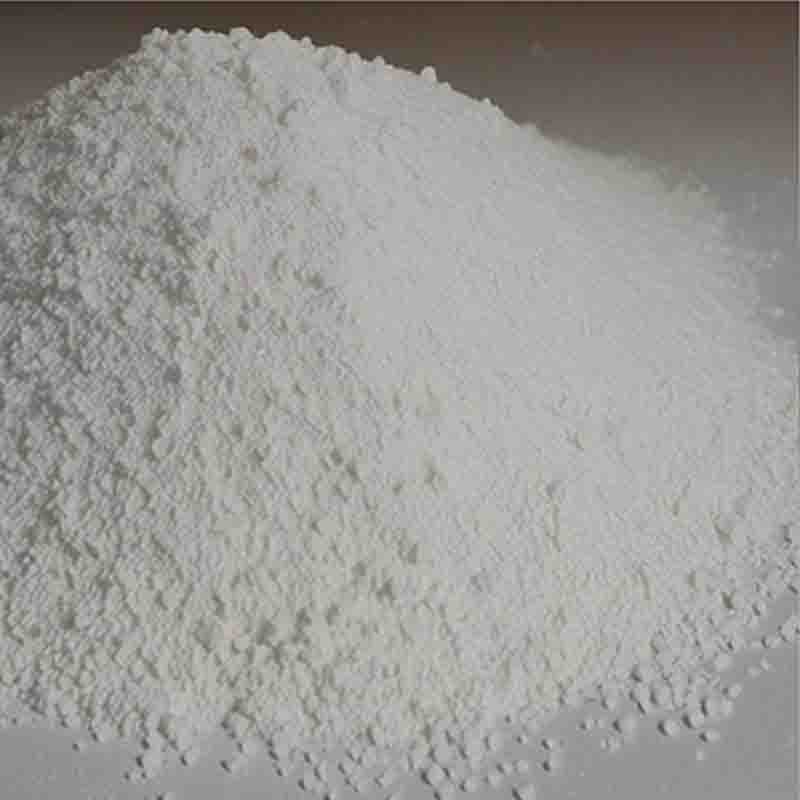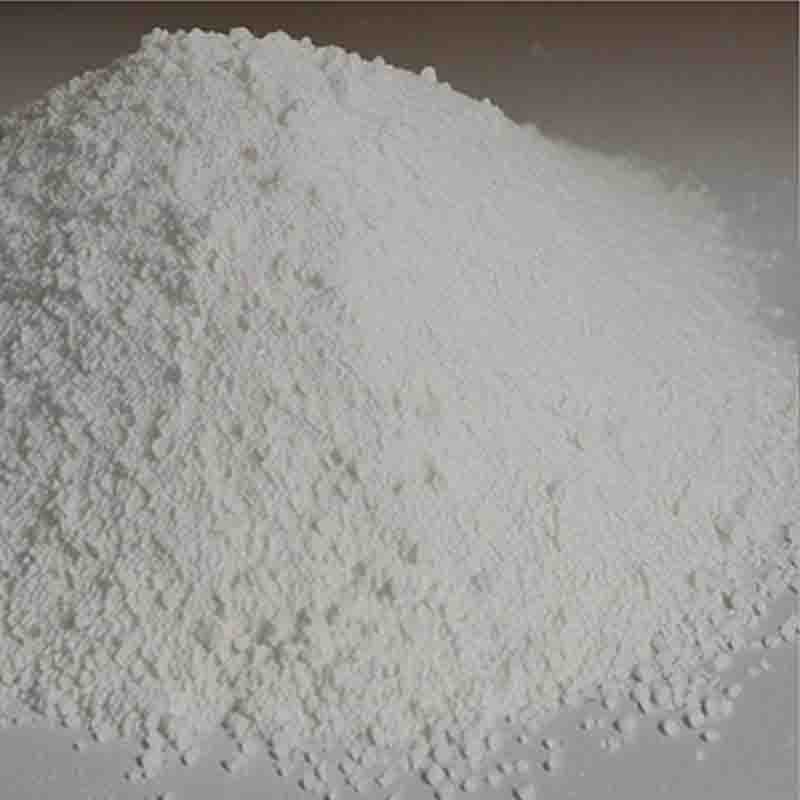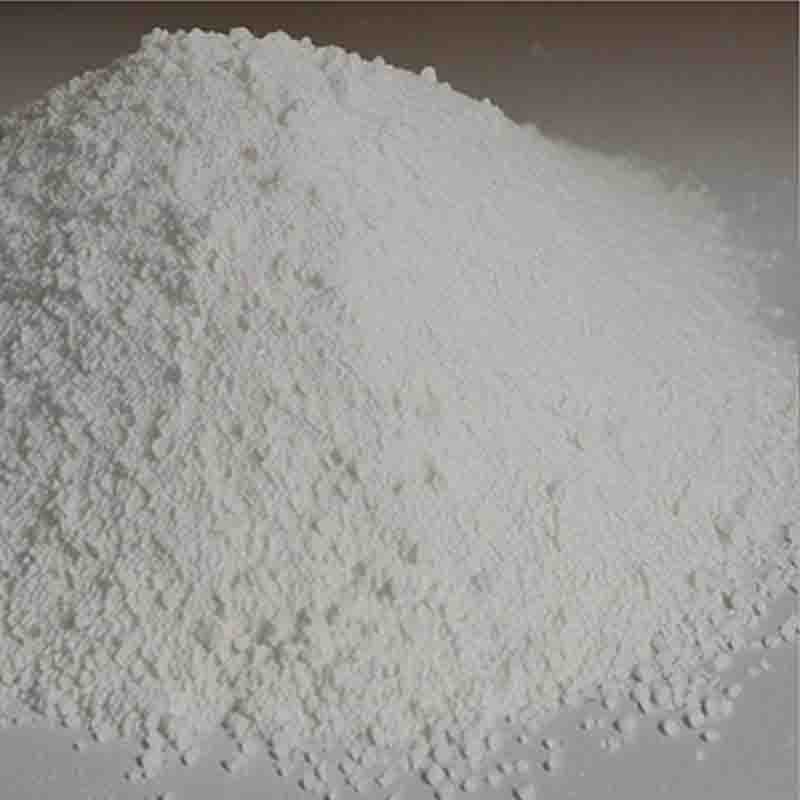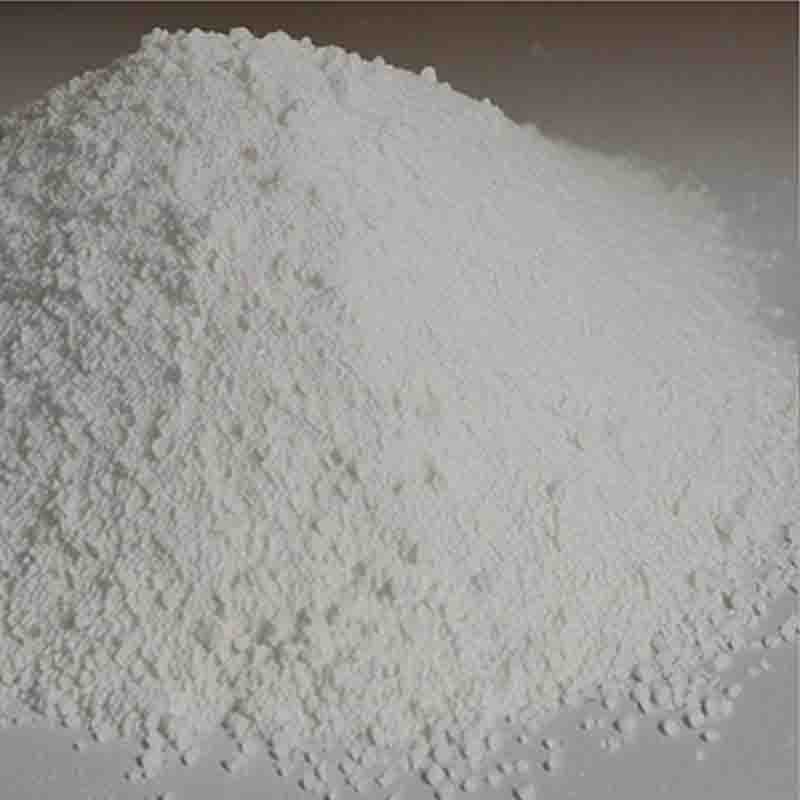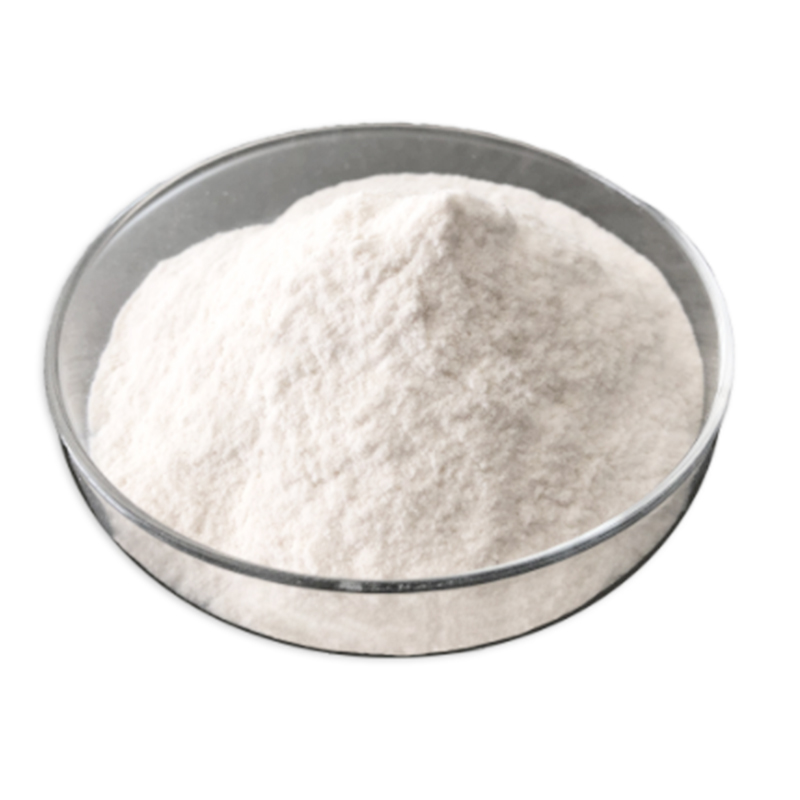Tris(triphenylphosphine)ruthenium(II) chloride CAS: 15529-49-4
| Catalog Number | XD94404 |
| Product Name | Tris(triphenylphosphine)ruthenium(II) chloride |
| CAS | 15529-49-4 |
| Molecular Formula | C54H45Cl2P3Ru |
| Molecular Weight | 958.83 |
| Storage Details | Ambient |
Product Specification
| Appearance | White powder |
| Assay | 99% min |
Tris(triphenylphosphine)ruthenium(II) chloride, commonly abbreviated as RuCl(triphos), is a coordination compound containing ruthenium, phosphorus, and chlorine atoms. It is a yellow crystalline solid that has gained significant attention in the field of organometallic chemistry due to its unique properties and wide range of applications.One of the primary uses of Tris(triphenylphosphine)ruthenium(II) chloride is as a catalyst in various chemical transformations. It is frequently employed in hydrogenation reactions, where it facilitates the addition of hydrogen atoms to unsaturated organic compounds. This catalyst is highly efficient and can selectively hydrogenate a wide range of functional groups, making it valuable in the production of pharmaceuticals, fine chemicals, and agrochemicals. Additionally, Tris(triphenylphosphine)ruthenium(II) chloride can catalyze other reactions like carbon-carbon bond formation, carbon-heteroatom bond formation, and dehydrogenation reactions.Furthermore, Tris(triphenylphosphine)ruthenium(II) chloride finds applications in the field of photovoltaics and optics. It can be incorporated into dye-sensitized solar cells (DSSCs) as a sensitizing material. This compound absorbs light in the visible spectrum, initiating an excited state that transfers electrons to a semiconductor layer, generating electricity. Its use in DSSCs has shown promising results in achieving high solar energy conversion efficiencies. Additionally, Tris(triphenylphosphine)ruthenium(II) chloride can also be utilized as a luminescent material in light-emitting devices and as a photosensitizer in photodynamic therapy for cancer treatment.In addition to its catalytic and photovoltaic applications, Tris(triphenylphosphine)ruthenium(II) chloride has been explored in the field of molecular electronics. It can act as a redox-active molecule, enabling the fabrication of molecular devices such as molecular transistors and memory devices. Its unique electronic properties make it an intriguing candidate for exploring new avenues in nanoelectronics and molecular-scale electronics.It is essential to note that Tris(triphenylphosphine)ruthenium(II) chloride is moisture-sensitive and requires proper handling and storage. Strict air-free techniques should be employed to maintain its stability and prevent degradation.In summary, Tris(triphenylphosphine)ruthenium(II) chloride is a versatile compound with applications in catalysis, photovoltaics, optics, and molecular electronics. Its use as a catalyst in hydrogenation reactions, as a sensitizer in solar cells, and as a redox-active molecule in molecular electronics demonstrates its significance in various fields of science and technology. However, cautious handling and proper storage conditions are crucial to maintain its stability and effectiveness.


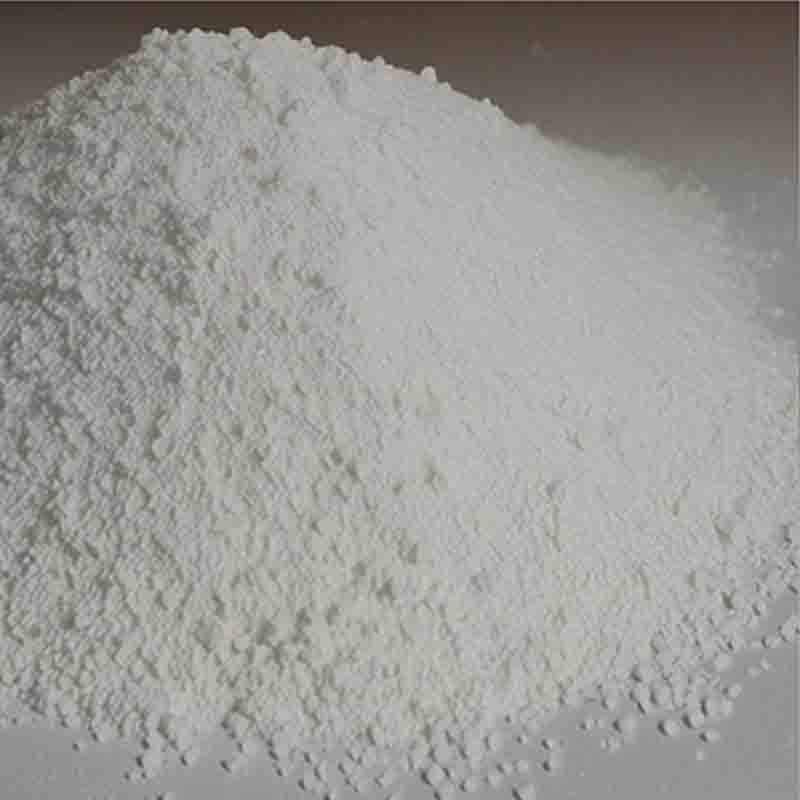

![N-[(9H-fluoren-9-ylmethoxy)carbonyl]-3-phenyl-L-alanine CAS:35661-40-6](https://cdn.globalso.com/xdbiochems/白色粉末11106.jpg)
